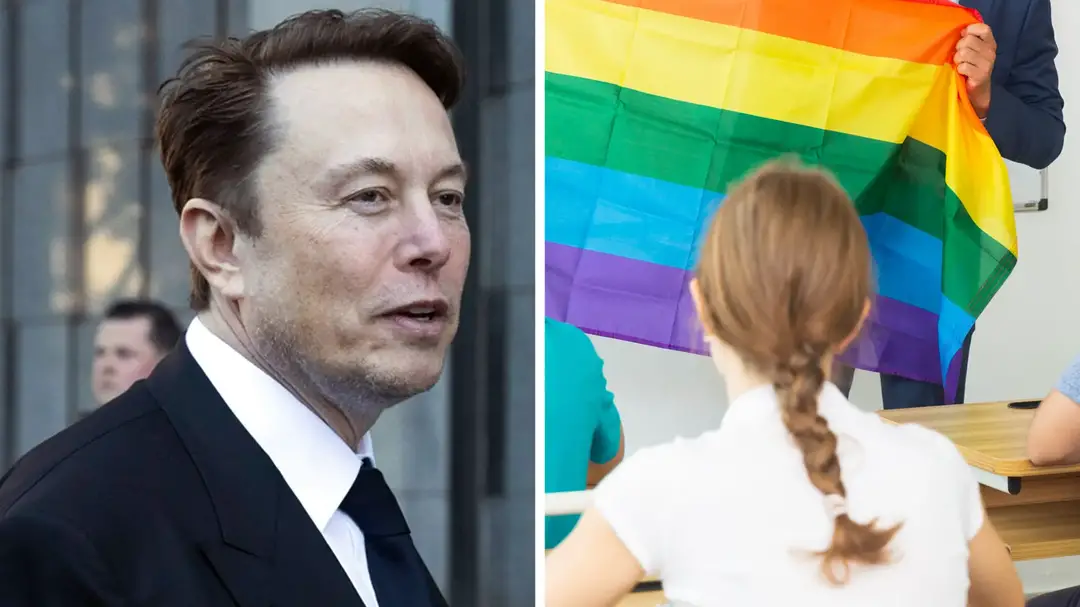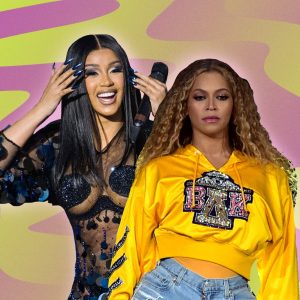Elon Musk, the billionaire entrepreneur and CEO of companies like Tesla and SpaceX, has once again stirred public debate with his recent statement asserting that “pride flags should be banned from classrooms, permanently!” This bold proclamation ignited a flurry of reactions from various segments of society, highlighting the increasingly polarized discussions surrounding issues of representation, identity, and education within America’s classrooms. Musk’s commentary reflects his broader perspective on freedom of speech and expression; however, it raises profound questions about the role of educational institutions in fostering inclusivity and promoting diverse identities.
At the heart of Musk’s argument lies a belief that the presence of pride flags in educational settings might compromise the neutrality of schools as safe spaces for all students. He suggests that educational environments should avoid any symbols or representations that could be perceived as politicizing the school atmosphere. Musk’s viewpoint appears to resonate with a segment of the population that feels that the proliferation of identity politics has gone too far, asserting that schools should focus on traditional educational values rather than social or political agendas. His comments propose a vision of classrooms that are devoid of any affiliations that might distract from academic pursuits and foster division among students.

However, Musk’s statements also trigger significant backlash from those who advocate for LGBTQ+ rights and inclusivity. Supporters of pride flags in classrooms argue that these symbols serve a critical purpose in promoting acceptance and representation for marginalized communities. They underline the importance of visibility and affirmation, particularly for young individuals who may struggle with their sexual orientation or gender identity. In this context, pride flags are not merely political symbols but are seen as vital tools for creating an environment where all students feel safe, validated, and empowered to express their identities without fear of discrimination. Critics of Musk’s perspective contend that banning such symbols would perpetuate silence and stigma, ultimately harming students who depend on supportive communities.
Moreover, the debate around pride flags in classrooms reflects broader societal tensions regarding the acceptance of LGBTQ+ identities. As communities navigate evolving attitudes toward gender and sexuality, schools play a pivotal role in shaping the perspectives of future generations. The presence or absence of pride flags in educational settings can foster meaningful conversations about understanding, acceptance, and respect for diversity. By engaging with these issues openly, educators can instill values of empathy and inclusivity, preparing students to navigate a diverse world.

In the wake of Musk’s remarks, educators, policymakers, and community leaders must grapple with the implications of his stance. Schools are not merely institutions for academic achievement; they are also environments where students learn to coexist with one another in an increasingly diverse society. Banning pride flags could be viewed as a step backward in the fight for equality, whereas embracing such symbols may signal a commitment to inclusivity and the affirmation of all students.
Ultimately, the dialogue initiated by Musk’s statement serves as a reminder of the complexity of contemporary educational issues. As society continues to confront its own biases and misunderstandings, the challenge lies in finding a balance between free expression and the need for a supportive and inclusive environment. While Musk’s perspective may resonate with some, it is crucial to acknowledge the lived experiences of others and recognize that symbols like pride flags can bear profound significance in the journey toward acceptance and understanding. As this debate unfolds, it will undoubtedly shape the future of educational policies and practices, highlighting the ongoing struggle for representation and equality in classrooms across the nation.








